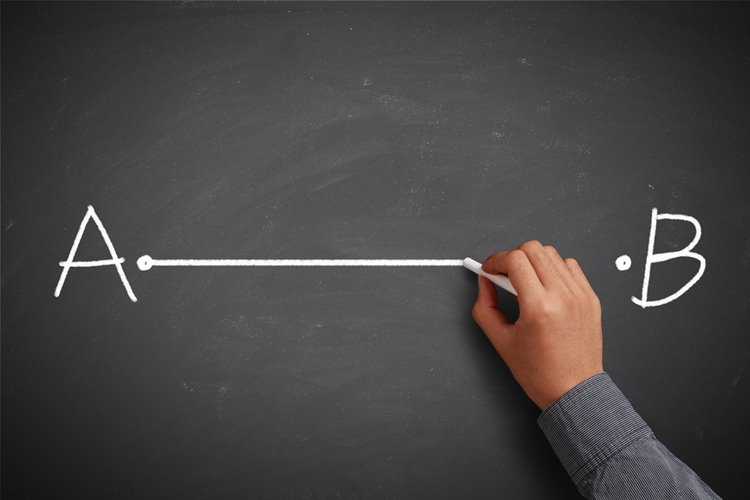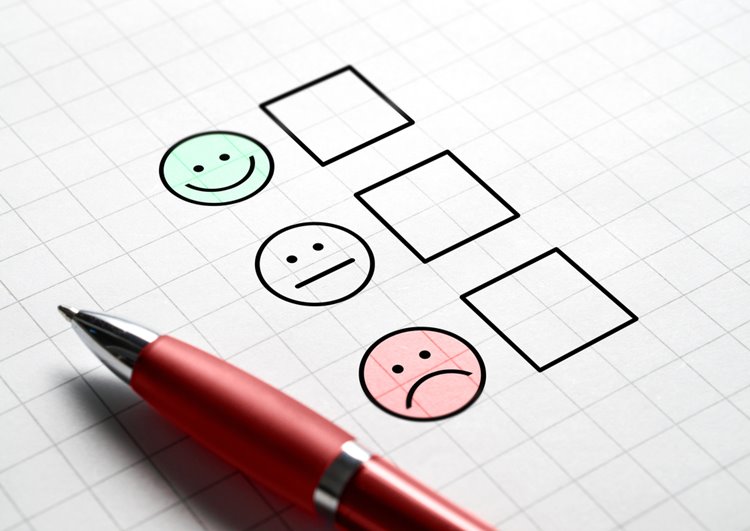How you can make your communication more effective

Effective communication, especially in the workplace, is key to things running smoothly. At the very least, effective communication is necessary if you ever want to get anything done.
With all the communication tools now available to us, it’s easy to argue that they may actually be hindering rather than helping. Our messages get lost among all the digital noise and for fear of coming across rude or pushy, we are increasingly asking things in round-about and polite ways. This is ineffective communication and only slows things down for all involved.
To help you start getting more done in your day, as we like to do, we’ve compiled the top points to address when trying to make your communication more effective.
Do you think you need to improve on your communication skills?
Conversation Skills

When was the last time you talked to someone in person about a work related task instead of firing off an email?
Think before you send that email. Is it better to just go and talk to the person on the other side of the office? The answer is most likely yes.
Scrub up on your conversation skills and go and use your voice. Face to face communication builds relationships and networks, offers the chance for better clarification and convey emotion, respect and other communication signals that we just simply don’t get in ICT-based conversations.
Conversing with someone is a great way of getting to know them, what their idiosyncrasies are and how to relate to them. This way, you can level with who you are talking to and in-turn, build a better conversation. A conversation that is void of nonsense is also great.
Be Clear
Fluffing up your conversation with convoluted language will only make a discussion more confusing. Use simple language to explain yourself and cut the clutter like “umm” and “I think” or “I feel”. A clear and concise exchange is an effective one. Pronouncing your words and moderating the rate at which you are speaking can dramatically improve the quality of a discussion. Of course, avoiding sounding like a robot is definitely a good idea. “Did not compute.”
Another way of being clear is being direct.
Get to the Point

Effective communication is efficiently communicating your point – AKA getting straight to the point. Saying what you need to in as little words as possible is the key here. Got that?
If you’re making the point of your communication obvious then you’ve already won half the battle.
Directness can be a cultural thing too, so it is wise to keep this in mind if you are involved in intercultural communication. Balancing politeness and directness can be tricky so best do your research first.
The best way to do this is to know yourself what it is that you’re wanting to achieve from a conversation. Do you want a question answered? Do you want a task completed? Have a clear idea yourself and then word your question or request in such a way that the other person will understand.
For example, say you want someone to follow up on a complex customer inquiry at your workplace with someone in customer service. Instead of asking about a case in an email, approach the person and ask politely “what was the outcome of Marry Smith’s query yesterday? Was it fixed or are we still resolving this?” By doing this, you’ve made your point clearly, you’re going to get some sort of response immediately and it’s going to remind the customer service rep. that the issue needs to be resolved if it is yet to be.
Mutual Respect
Ensuring you and the person/s you are communicating with are on the same page is really important. Leveling the conversation so no one is speaking up or down to one another means the people involved are more likely to be actively listening and engaging willingly.
Watch the way you speak too. Are you being aggressive, shy or pitch perfect? Sure, by shooting off what you want from someone is being “clear, concise and direct” but is it really effective and beneficial? No. The person you berate is likely to not comply with your request, burn bridges and make other work relations tense – which is not good for anyone.
Another thing to keep in mind when conversing is your body language.
Body Language

Your body language, hand movements, eye contact and facial expressions all signal your mood, tone and immediacy. How you act shows if you are open for discussion or closed for business. You should be reinforcing what you are saying with your body.
If you’re on the receiving end, actively engaging with the person by mimicking their movements can signal that you are in sync with the person and shows that you really are on the same page. This great because the conversation will run smoothly and you’ll both understand what the conversation is about.
Well, that’s the aim of it all.
Listen
Of course, none of this really works unless people are listening. It’s all well and good for you to hold up your end of the conversation but it means squat all if the receiver isn’t listening.
Being a good listener means you need to signal to the other person that you are in fact listening to them. Participate in the conversation by agreeing or asking questions.
If you are the one initiating the conversation and the receiver has questions for you, then you also need to listen to their questions and answer them appropriately. If you’re not helping the person that you’re asking for help from, then how will the whole thing work?
It may seem obvious but if you’re under pressure or in a rush then it’s easy to let things fall to the way-side and forget important points.
Feedback

By offering up feedback you are signaling that you were indeed listening the whole time and not just smiling and nodding. If you’re on the receiving end, be open and ask questions to clarify so you can best fulfill the request or answer the over-arching question.
There are also other ways of giving feedback in a conversation. Suggesting solutions and positive affirmation are obvious signs that you are listening to the person speaking and will help build the speakers confidence and they’ll power on with their effective communication.
Keeping all this mind, making your communications clear, concise and kind will help you become a more efficient communicator in any environment.
Do you have any tips or tricks for making your conversations run smoother?


)
)

